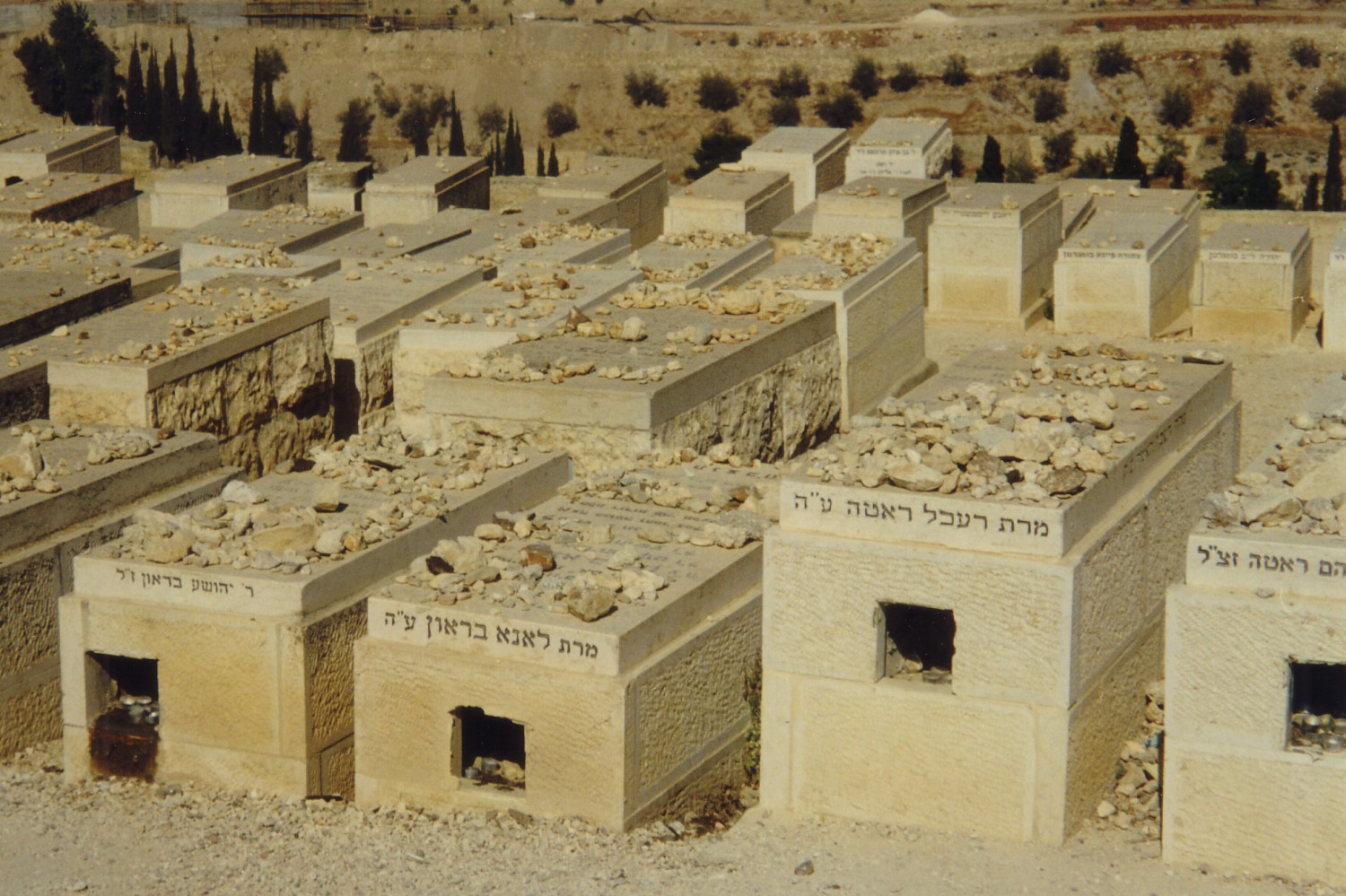6 July. Paul causes an argument between the Pharisees and the Sadducees
"The next day the [Roman] commander [of the Antonia Fortress in Jerusalem] decided to learn why the Jews were accusing Paul. So he ordered the leading priests and the Jewish council [the Sanhedrin] to meet. The commander took Paul's chains off. Then he brought Paul out and stood him before their meeting."
"Paul looked at the Jewish council and said, 'Brothers, I have lived my life with a clear conscience before God up to this day.' Ananias, the high priest, heard this and told the men who were standing near Paul to hit him on the mouth."
"Paul said to Ananias, 'God will hit you, too! You are like a wall [of a tomb] that has been painted white [so that people will not stumble into it at night and become ritually unclean]. You sit there and judge me, using the law of Moses, but you are telling them to hit me, and that is against the [Jewish] law.'"
"The men standing near Paul said to him, 'You cannot insult God's high priest like that!' Paul said, 'Brothers, I did not know this man was the high priest [because he is going against the Jewish law]. It is written in the Scriptures, "You must not curse a leader of your people" [Exodus 22:28] [but that is what he is doing]'."
"Some of the men in the meeting were Sadducees, and others were Pharisees. Knowing this, Paul shouted to them, 'My brothers, I am a Pharisee, and my father was a Pharisee. I am on trial here because [like all Pharisees] I believe that people will rise from the dead.'"
"When Paul said this, there was an argument between the Pharisees and the Sadducees, and the group was divided. (The Sadducees do not believe in angels or spirits or that people will rise from the dead. But the Pharisees believe in them all.) So there was a great uproar."
"Some of the teachers of the [Jewish] law, who were Pharisees, stood up and said, 'We find nothing wrong with this man. Maybe an angel or a spirit did speak to him.'"
"The argument was beginning to turn into such a fight that the commander was afraid the Jews would tear Paul to pieces. So he told the soldiers to go down and take Paul away and put him in the army building [the Antonia Fortress]."
"The next night the Lord came and stood by Paul. He said, 'Be brave! You have told people in Jerusalem about me. You must do the same in Rome.'"
(Acts 22:30-23:11)

The day after arresting Paul and putting him in chains, the Roman commander of the Antonia Fortress released Paul, and ordered the Jewish council (the Sanhedrin) to appear before him in the courtyard outside the fortress.
Paul addressed the Sanhedrin and claimed the high priest had no authority to question him as he was flying in the face of the Jewish Scriptures. Likening him to a 'whitewashed tomb' with a dead and decaying body (see Matthew 23:27), Paul showed how, by ordering his men to hit Paul, the high priest was going against God's command in Exodus 22:28: "You must not speak against God or curse a leader of your people."
Paul then deliberately caused an uproar between the Pharisees (who believed in bodily resurrection after death) and the Sadducees (who didn’t believe in any form of resurrection).
The dispute became so violent that the Roman commander ordered his soldiers to re-arrest Paul on a charge of public disorder and bring him back into the fortress for his own safety.
That night, Jesus appeared to Paul in a dream and told him that he would testify for his risen Lord not only in Jerusalem - the centre of the Jewish world - but also in Rome - the capital of the Roman (and Gentile) world.
The photo shows Jewish graves on the Mount of Olives, overlooking the Temple mount in Jerusalem.
You can read more about Paul's argument with the Jewish council @ https://www.thebiblejourney.org/…/paul-addresses-the-crowds/
